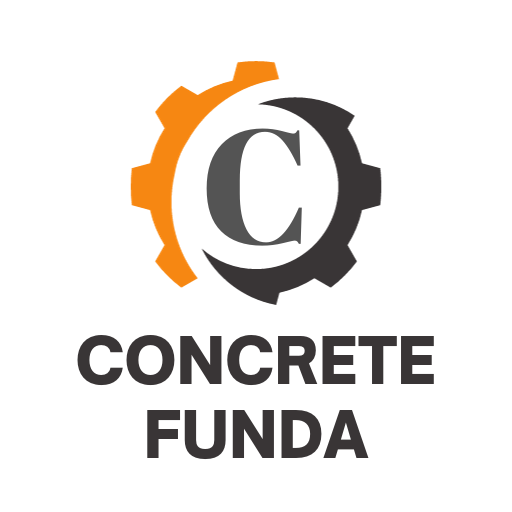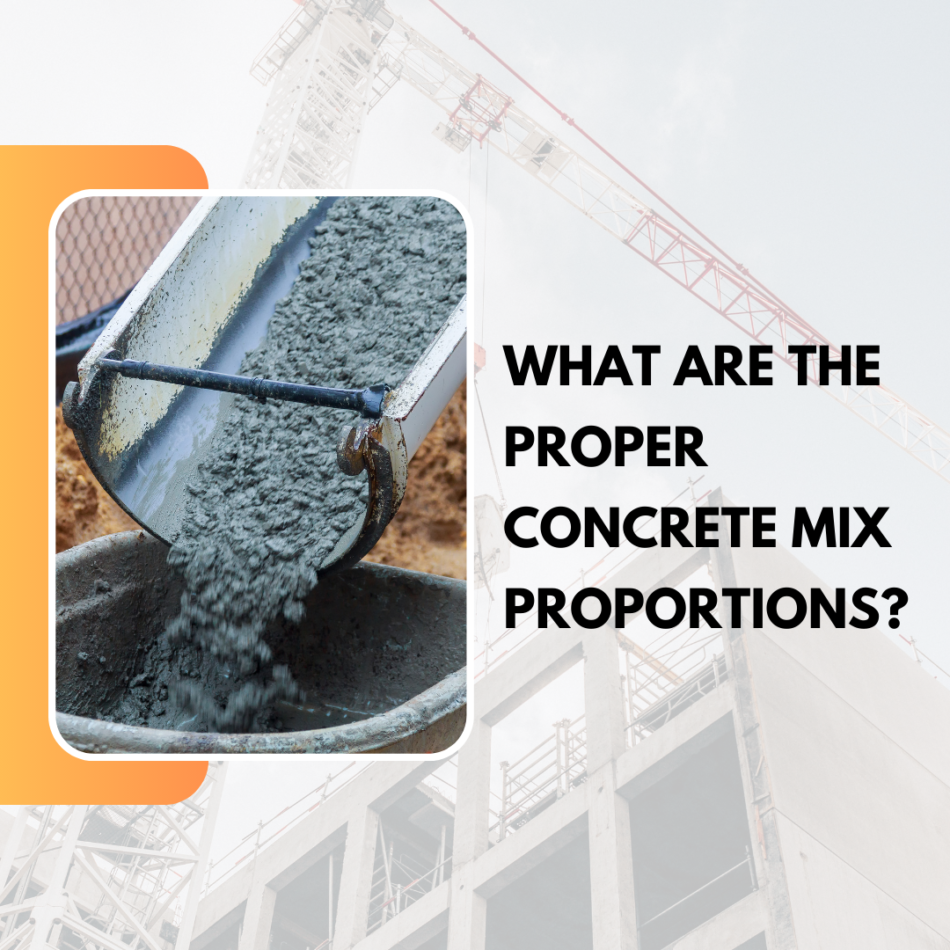Concrete, a foundational element in modern construction, is as versatile as it is durable. But like any building material, its strength and durability largely depend on the proportions of its mix. In the realm of concrete technology, the quest for the perfect concrete mix is ever-evolving. In this article, we will delve into the intricacies of determining the proper concrete mix proportions and how advances in concrete technology have made it easier for users to get the ideal mix through ready-mix concrete.
1. Basics of Concrete Mix
At its core, a basic concrete mix is comprised of Portland cement, water, and aggregates (like sand and gravel). The purpose of cement in the mix is to act as a binder. It helps hold the aggregates together, giving the mixture its strength once it sets and cures. Water is necessary to initiate the chemical reaction (hydration) that makes cement set and harden. Aggregates contribute to the concrete’s volume, strength, and durability.
2. Concrete Technology and Proportions
Modern concrete technology has expanded our understanding of how varying mix proportions can affect concrete’s properties. Too much water can weaken the concrete, making it less durable. On the other hand, too little water can make the mix difficult to pour and compromise its strength.
The common measure to describe the concrete’s consistency is the water-cement ratio. A lower ratio indicates a stronger concrete mix, while a higher ratio makes for a more workable but potentially weaker mix. Concrete technology has made it possible to fine-tune this ratio depending on the specific requirements of a project.
3. Ready-Mix Concrete: Consistency and Convenience
One of the biggest advancements in concrete technology is the proliferation of ready-mix concrete. Instead of mixing concrete on-site, which can be prone to inconsistencies and inaccuracies, ready-mix concrete offers a pre-mixed solution that maintains a consistent mix proportion.
The benefits of using ready-mix concrete are numerous:
- Quality Control: Ready-mix plants follow strict quality standards, ensuring that the concrete mix is consistent from batch to batch.
- Time-saving: On-site mixing can be time-consuming. Ready-mix concrete is prepared off-site and delivered to the construction location, saving both time and labor.
- Economical: With the bulk production and transportation of ready-mix concrete, costs can be reduced, especially for larger projects.
- Environmentally Friendly: Centralized mixing in a plant can reduce wastage and manage resources more efficiently than multiple smaller on-site mix stations.
Conclusion
The essence of any successful construction project lies in the quality of its materials. When it comes to concrete, understanding the proper mix proportions is crucial. Advances in concrete technology have enabled us to achieve consistent, high-quality mixes, especially with the advent of ready-mix concrete. As the construction world continues to evolve, relying on technological advancements will ensure structures are not only strong but stand the test of time.






